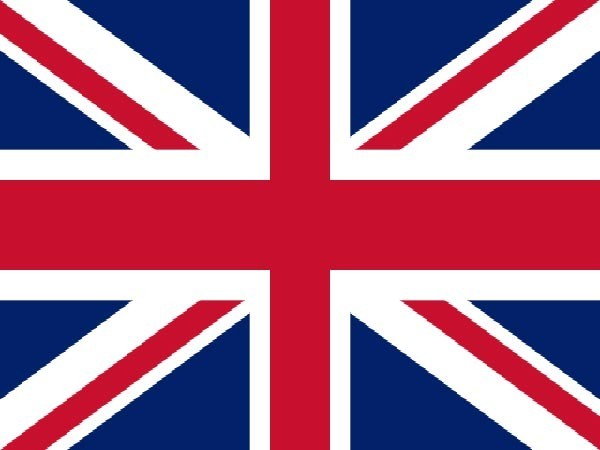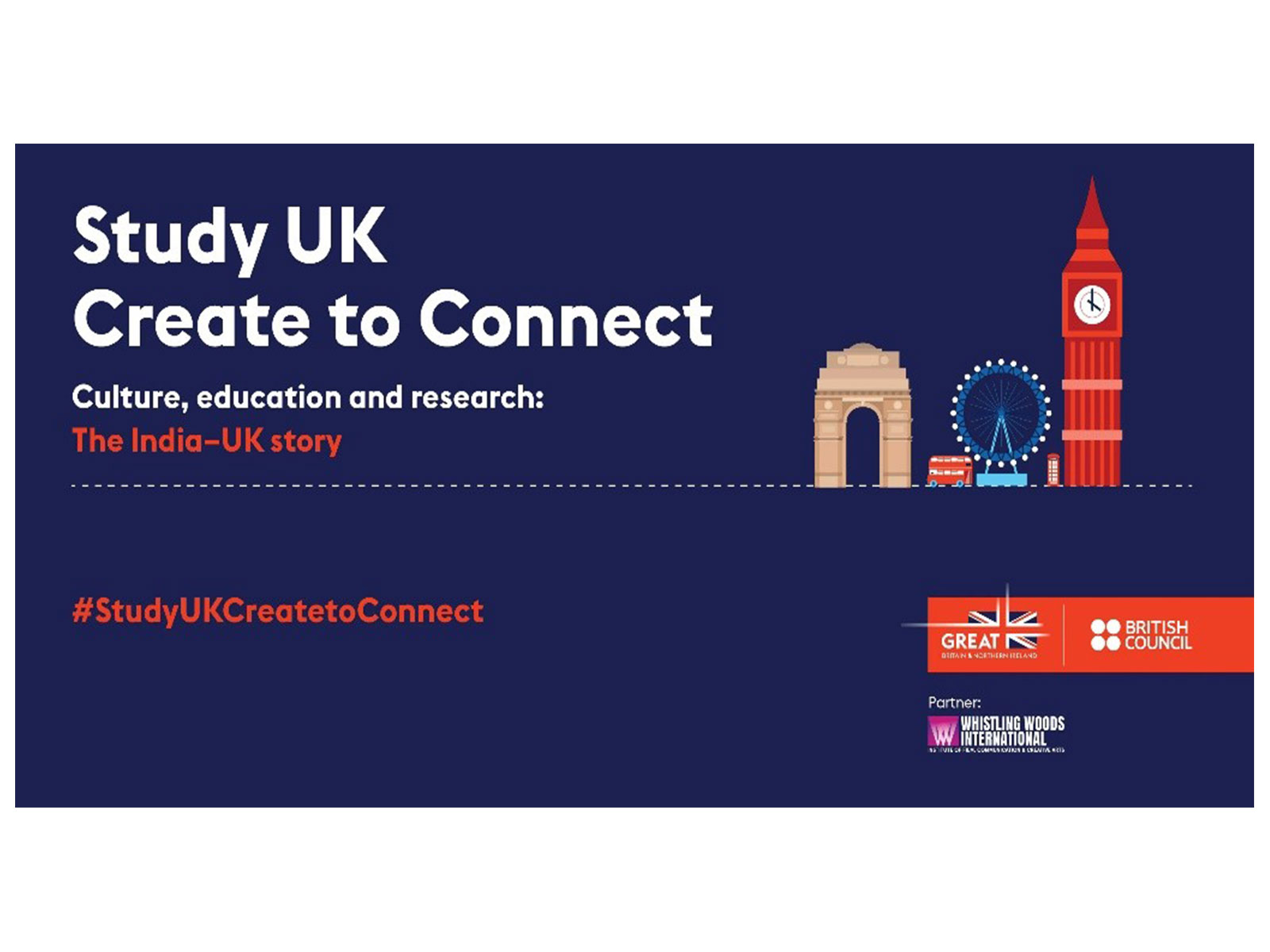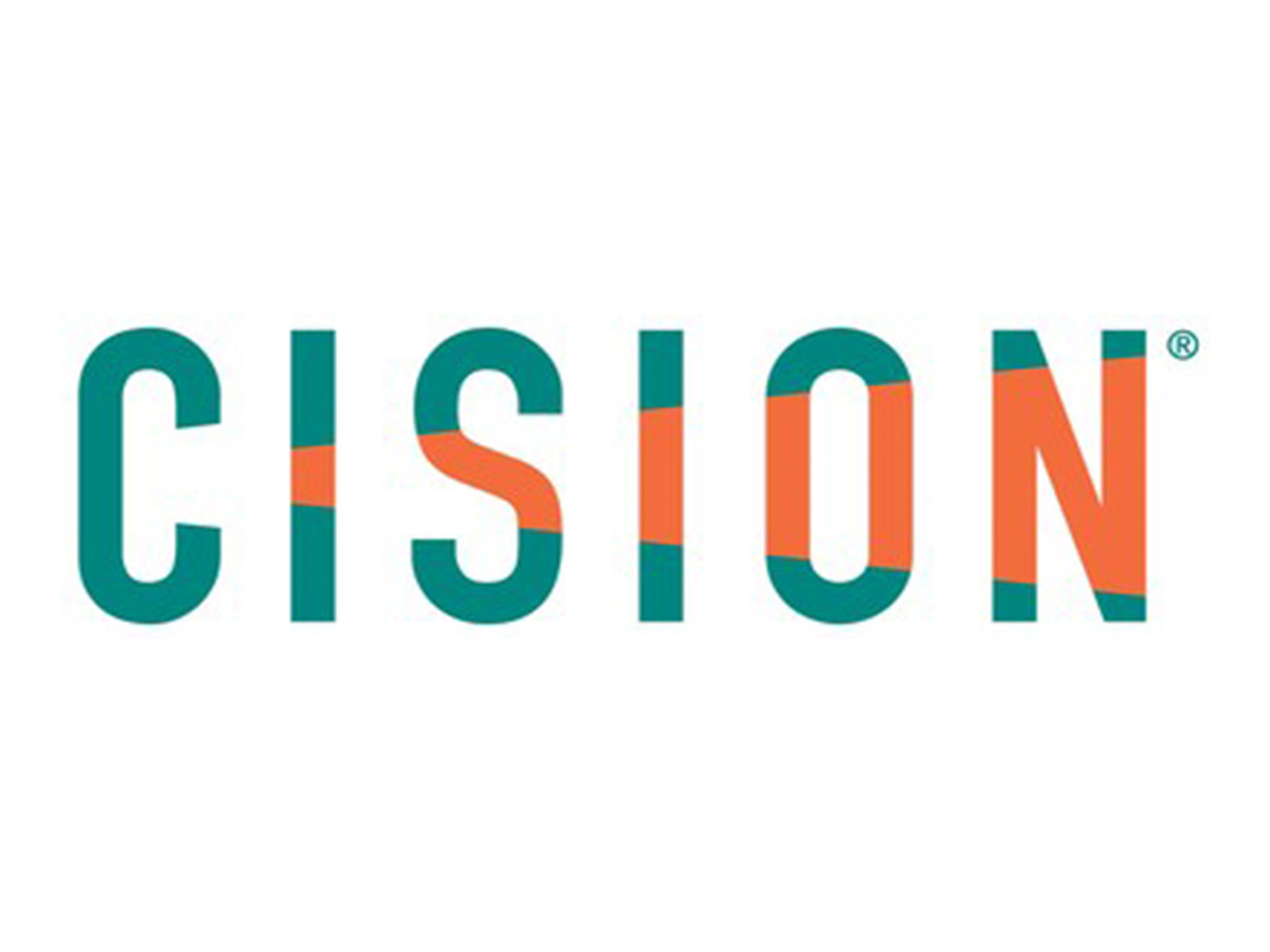
Roundup: Britain to strengthen relations with Germany, France amid post-Brexit pivot
Jul 20, 2025
London [UK], July 20: Standing in the Victoria and Albert Museum (V&A), draped in the national flags of both nations, British Prime Minister Keir Starmer and German Chancellor Friedrich Merz on Thursday signed a wide-ranging bilateral agreement covering areas such as defense and migration.
The summit followed on the heels of French President Emmanuel Macron's state visit last week. Together, these developments mark a quiet but significant revival of the trilateral group known as the E3 -- comprising the United Kingdom, France, and Germany -- amid mounting global turbulence.
Originally formed as an ad hoc coalition focused on Iran's nuclear program, the E3 is now re-emerging as a core pillar of European security diplomacy. As British think tank Chatham House noted on Friday, the group is "back at the heart of European security."
POST-BREXIT PIVOT
To many observers, this shift signals a new strategic direction under the Labour government, as Starmer seeks to stabilise and rebuild once-fractured ties between Britain and the European Union (EU) in the aftermath of Brexit.
As Iain Begg, professor of the London School of Economics observed, the sequence of events -- beginning with the "reset" with the EU in May, followed by Macron's state visit in early July, and culminating in the UK-Germany "Kensington Treaty" -- augur well for better relations overall between the UK and the bloc after the divisions precipitated by Brexit.
"The E3, a flexible diplomatic forum between the UK, France, and Germany, has regained significance in the wake of Brexit," said the Chatham House article.
This trend also reflects a shift in public opinion, which was showcased in a survey conducted by the London-based independent think tank British Foreign Policy Group on Thursday. The survey result said the British public is increasingly disillusioned with the once-hailed "special relationship" with the United States, especially under President Donald Trump. Facing strategic uncertainty and erratic U.S. policies, many British are once again looking across the Channel.
Public trust in the United States has fallen sharply, from 53 percent in 2024 to just 38 percent in 2025, while over 60 percent of British now support closer ties with the EU, driven in part by concerns over Trump's leadership.
Dubbed the Kensington Treaty, the new UK-Germany accord reaffirms cooperation across a range of issues: a shared commitment to limiting global temperature rise to 1.5 degrees Celsius above pre-industrial levels; strengthening bilateral trade within the framework of existing EU-UK agreements; and advancing security and defense cooperation, including joint military exercises, countering cyber threats and information warfare, and coordinating arms exports.
Though smaller in scope than the UK-France agreement signed last week, which included an unprecedented joint nuclear statement pledging coordination of the two countries' independent nuclear deterrents, Thursday's treaty nonetheless "anchored the E3 as a central pillar of European security," according to Chatham House.
COUNTERWEIGHT TO UNPREDICTABILITY
Dan Hough, professor of politics at the University of Sussex, told Xinhua that there is now "a real push to work constructively on issues where they didn't have to work constructively in the past because the American influence was so strong."
"However, given Donald Trump's behaviour in the White House, we can't rely on that anymore," he added.
With American commitment to NATO no longer guaranteed, particularly under Trump's influence, the E3 is increasingly seen as a self-reliant "circle of friends" capable of acting in Europe's strategic interest, said John Bryson, a professor and expert in economic geography at the University of Birmingham.
Vasilis Petropoulos, research fellow at the Hellenic Foundation for European and Foreign Policy and a Fletcher School alumnus at Tufts University, also observed, "If Trump's first tenure offered the Europeans any necessary reality check, it was the disillusionment with the viability of their dependence on the United States."
However, unlike formal treaties or supranational institutions, the E3 remains a deliberately flexible arrangement. However, the E3 allows Europe's three largest military and economic powers to coordinate rapidly on foreign policy, defense, and migration, without the procedural burdens of Brussels, said the think tank UK in a Changing Europe.
Hough also noted that from youth exchange schemes and visa reforms to joint defense planning and support for Ukraine, "the current phase of British diplomacy is defined by realism, not nostalgia."
"It cannot by itself cover the gaps between the EU and NATO that were created by Brexit," said Chatham House.
Begg also noted that any sense that these treaties pave the way for Britain to rejoin the single market, let alone the EU, is misplaced.
Source: Xinhua News Agency









